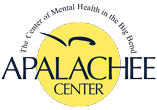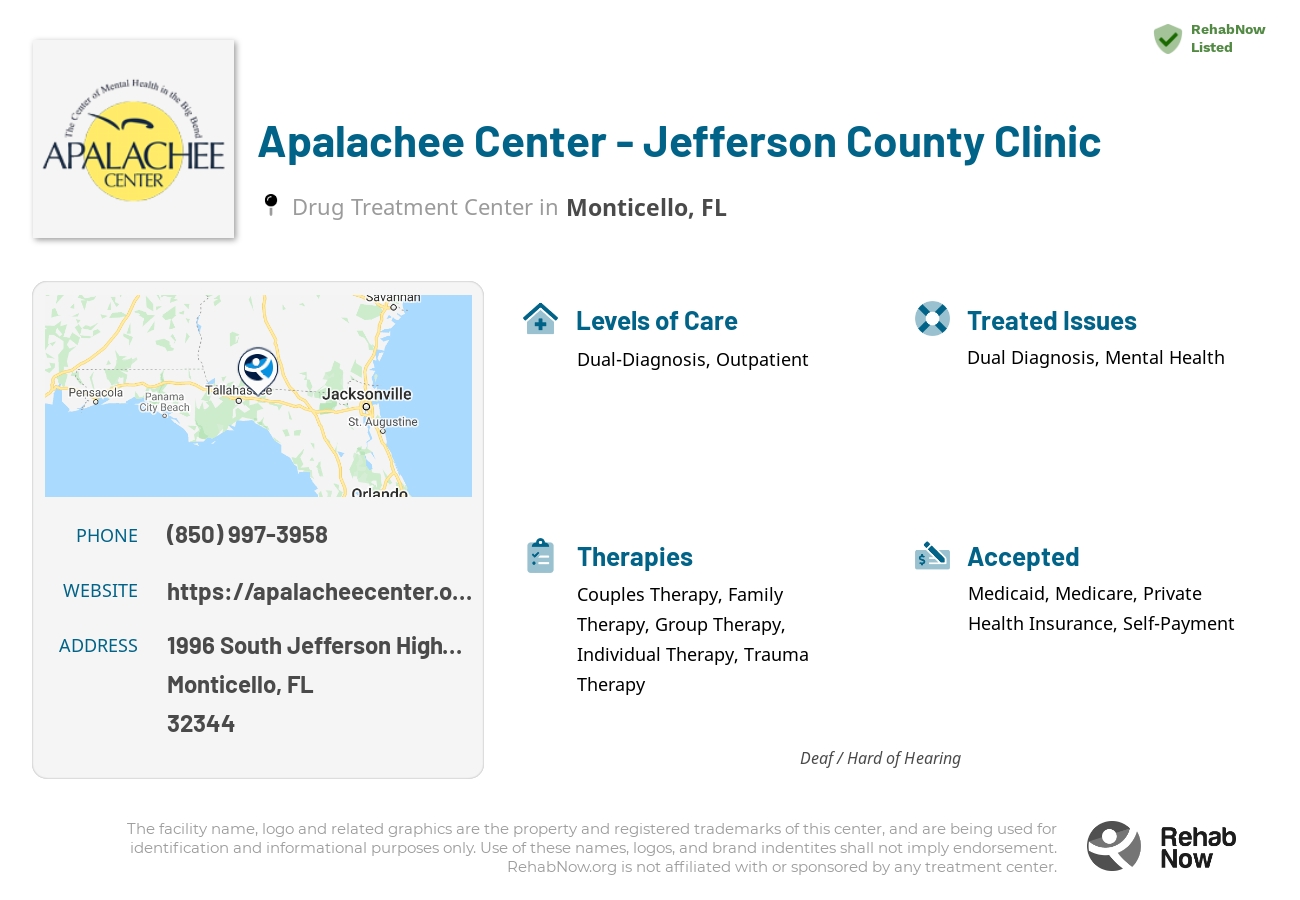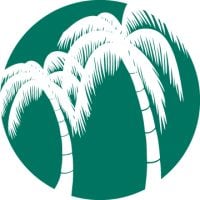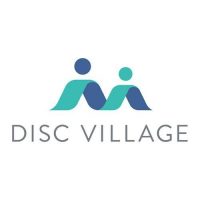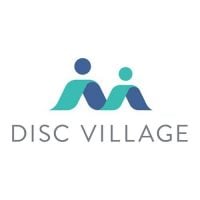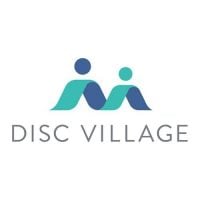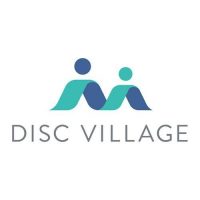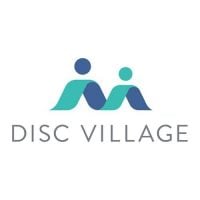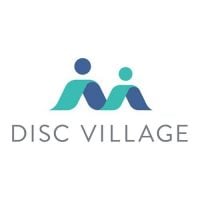Apalachee Center - Jefferson County Clinic
Drug Rehab Center in Monticello, Florida
The Apalachee Center - Jefferson County Clinic provides comprehensive rehabilitative services for those in Florida suffering from Drug Addiction, including Dual Diagnosis Treatment, Outpatient, Inpatient, Detox and Residential Levels of Care, as well as Private Health Insurance coverage to help those in need get sober.
About Apalachee Center - Jefferson County Clinic in Florida
Apalachee Center - Jefferson County Clinic is a comprehensive addiction treatment facility located in Monticello, Florida. They strive to provide quality and comprehensive services for individuals seeking help for drug addiction, dual diagnosis, and mental health issues. The treatment facility provides dual-diagnosis services and various levels of care such as outpatient, inpatient, detox, and residential. Apalachee Center - Jefferson County Clinic accepts private health insurances and is affiliated with The Apalachee Center.
Apalachee Center - Jefferson County Clinic offers a variety of evidence-based treatment services for addiction and mental health issues. Their treatment plan includes an individualized assessment, monitoring of symptoms, and development of an individualized treatment plan. They offer a range of services such as psychotherapy, individual counseling, family therapy, group therapy, and community support. The facility also has a licensed professional staff that provides additional specialized services such as medication management, relapse prevention, and discharge planning. Apalachee Center - Jefferson County Clinic has received accreditation from the Joint Commission on Accreditation of Healthcare Organizations, as well as licensure from the Florida Department of Children and Families.
Genders
Ages
Modality
Additional
Conditions and Issues Treated
Levels of Care Offered
This center offers a variety of custom treatment tailored to individual recovery. Currently available are Detox, Dual-Diagnosis, Inpatient, Outpatient, Residential, with additional therapies available as listed below.
An addict may have to go through alcohol or drug withdrawal. While detox may be uncomfortable, it is not life-threatening. Detoxification allows the addict to rid the body of all traces of drugs or alcohol and gives the addict a clean slate for their recovery. In an inpatient or outpatient setting, detox can be managed medically.
Inpatient treatment for alcoholism or drug addiction is an option that provides the addict with a supportive environment in which they can stop using. This type of treatment is appropriate for addicts that are most in need of intensive care and supervision. This includes those who were unable to quit on their own, those who need more structure than they can get in outpatient treatment.
“Outpatient treatment is ideal for those who have a lower intensity addiction. It’s also suitable for those with a supportive environment and those on a tight budget.
Outpatient treatment can be considered the lowest intensity level of addiction treatment. It is ideal for early phase addiction or lower intensity addictions. It may involve weekly sessions instead of daily. Peer group support, 12-step programs, and individual counseling may still be used and anti-addiction medication.
Residential treatment programs are those that offer housing and meals in addition to substance abuse treatment. Rehab facilities that offer residential treatment allow patients to focus solely on recovery, in an environment totally separate from their lives. Some rehab centers specialize in short-term residential treatment (a few days to a week or two), while others solely provide treatment on a long-term basis (several weeks to months). Some offer both, and tailor treatment to the patient’s individual requirements.
Therapies & Programs
No single treatment works for all addicts; therefore, the goal of treatment and therapy should be to find what works best for each individual. Some people requiring addiction treatment may only need a few weeks of inpatient care. Others will require long-term residential care. Tolerance and withdrawal levels vary from person to person and thus affect the intensity of the treatment needed.
If an individualized approach to treatment and therapy is not offered, addicts may fail to reap benefits from their efforts. Professionals must customize plans according to their patient’s needs, limitations, and strengths. The goal of all forms of addiction treatment should be for addicts to find healthy ways to cope with their addiction and its underlying causes.
Couples therapy for drug addiction is a unique form of therapy that allows family members to work through the emotional issues of their loved one’s addiction together. Family members can support each other while learning how to cope with the addiction and encourage healthy changes.
Accordingly, couples therapy for drug addiction is designed for an addict and their significant other or spouse. The two will work with a therapist to learn how the addiction affects themselves and the relationship and how to break the negative patterns of behavior that may have developed.
Drug addiction can destroy a person’s life, as well as their family and friends. The loss of one’s ability to choose how to live and behave often leads the addict into depression, anger, guilt, and many emotional problems.
The therapies usually include siblings, children, and parents who are involved in their daily lives. These sessions are vital because they address past issues that may have hampered an addict’s or alcoholic’s recovery and provide support at a crucial time!
One of the most critical aspects of family therapy is helping addicts’ loved ones see their situation in a new light. It’s also one of the most challenging things a family can do when a loved one struggles with addiction or alcoholism.
Group therapy is held in a safe, controlled setting where patients can feel comfortable sharing their struggles and gaining perspective through shared conversations. It takes place in a group rather than one on one to prevent feelings of isolation or being unique in their situation while creating an environment for addicts at Apalachee Center - Jefferson County Clinic to develop fellowship, accountability, and support. Group therapy is an important tool in recovery that prevents cravings that prompt a return to active addiction.
This type of therapy involves the use of a variety of therapeutic techniques to help addicts recover from past traumas that might have triggered their substance abuse. During these sessions, therapists will work with the addict to address painful memories and learn how to cope effectively with stressors as they arise.
During these types of sessions, therapists will typically focus on three main goals:
- Identifying and expressing painful emotions associated with past traumas.
- Reducing the effects of stress on an addict’s life by developing more effective coping mechanisms.
- Developing healthy ways of thinking about stressful situations that can help addicts avoid substance abuse issues in the future.
This type of therapy is typically used in conjunction with other types of addiction treatment services. By identifying and dealing with the root cause of addiction, most addicts can overcome their cravings and prevent relapse once they leave rehab.
Many different types of addiction treatment services exist to help addicts safely get sober, but it’s important for recovering individuals to find a therapist or support group that will help them address the root cause of their addiction.
Cognitive-behavioral therapy is a talking-based method that helps people struggling with addiction replace destructive behaviors with healthier ones. CBT also helps them identify the underlying thoughts and beliefs that cause these behaviors in the first place and ways to control those thoughts and feelings. It can be administered as a holistic therapy or as part of combination therapy and—as opposed to turning to drugs and alcohol—helps addicts learn how to respond to negative thoughts instead.
Payment Options Accepted
For specific insurance or payment methods please contact us.
Is your insurance accepted?
Ask an expert, call (888) 674-0062
The Apalachee Center Associated Centers
Discover treatment facilities under the same provider.
- Apalachee Center - Taylor County Clinic in Perry, FL
- Apalachee Center - Wakulla County Clinic in Crawfordville, FL
- Apalachee Center - Madison County Clinic in Madison, FL
- Apalachee Center - Gadsden County Clinic in Quincy, FL
- Apalachee Center - Liberty County Clinic in Bristol, FL
Learn More About The Apalachee Center Centers
Additional Details
Specifics, location, and helpful extra information.
Monticello, Florida 32344 Phone Number(850) 997-3958 Meta DetailsUpdated November 25, 2023
Staff Verified
Apalachee Center - Jefferson County Clinic Patient Reviews
There are no reviews yet. Be the first one to write one.
Monticello, Florida Addiction Information
Florida is one of the nation's epicenters for substance abuse and drug-related overdoses. In 2014, around 410,000 Florida residents were addicted to drugs and alcohol. Over the last 10 years, 12% of all deaths in the state were attributed to substance abuse. Treatment admissions for alcohol reached 24,329 patients in 2016, and 2.5% of Florida high school students admitted to using crack cocaine.
Treatment in Nearby Cities
- Maitland, FL (199.8 mi.)
- Coral Gables, FL (396.6 mi.)
- Tavares, FL (175.3 mi.)
- Ormond Beach, FL (189.3 mi.)
- Oviedo, FL (205.1 mi.)
Centers near Apalachee Center - Jefferson County Clinic
The facility name, logo and brand are the property and registered trademarks of Apalachee Center - Jefferson County Clinic, and are being used for identification and informational purposes only. Use of these names, logos and brands shall not imply endorsement. RehabNow.org is not affiliated with or sponsored by Apalachee Center - Jefferson County Clinic.
